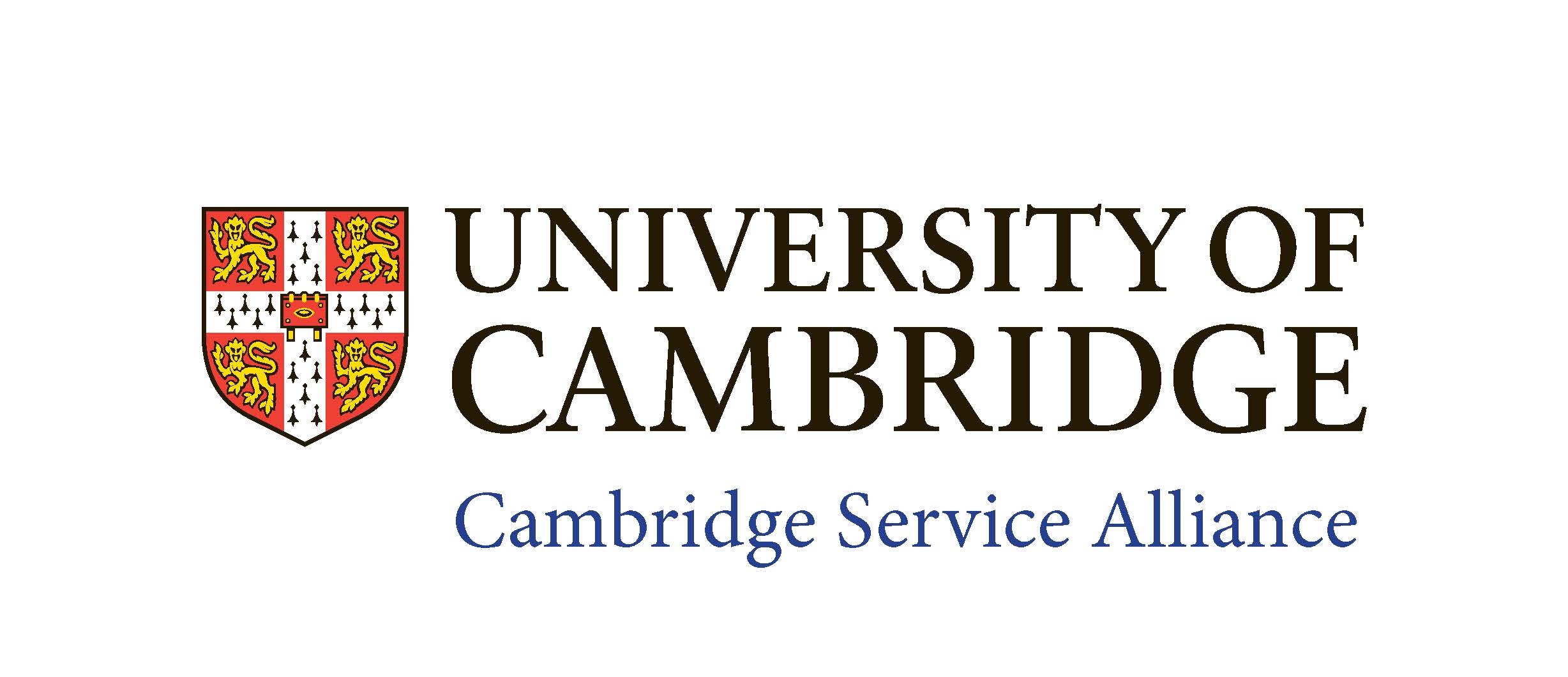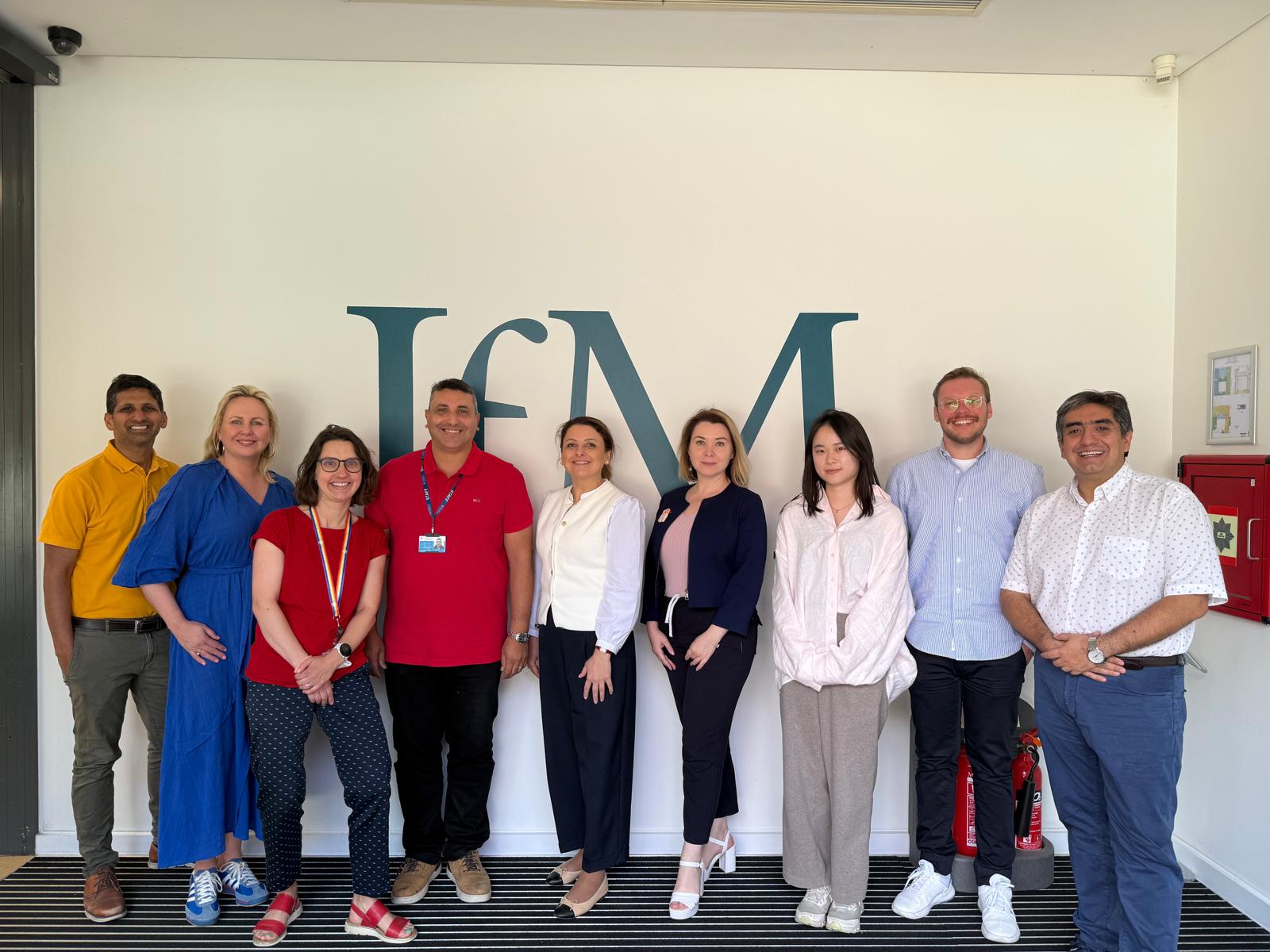Submitted by Angela Walters on Thu, 21/07/2016 - 11:57
July paper on 'Critical Incidents in Complex Service Contracts: Safety Challenges and Means of Prevention' by Chara Makri and Andy Neely
'Critical Incidents in Complex Service Contracts: safety challenges and means of prevention’
Chara Makri and Andy Neely
Increased competition, extended product life-cycles and the large number of suppliers and partners involved in services are only some of the challenges that product manufacturers moving into service provision are facing. The increased complexity of service networks can impact safety and increase risks, especially for manufacturers operating in safety-critical environments. In this paper we explore how complex service networks can affect safety by using data from 23 exploratory interviews with experts within the field. We find that even ‘expert’ service providers feel that the complexity of service networks can lead to confusion over accountabilities and impact safety. Even in cases where accountabilities are clearly defined in contracts, a general lack of control, due to the large number of partners involved, can prevent manufacturers from taking the proper actions with devastating consequences.
“Rules and prescriptions simply do not work. It is judgement, knowledge and competence, that is required to decide what is reasonable and what is practicable, you cannot manage health and safety through rules and ticking boxes”, Dame Judith, Health and Safety Executive
We propose that manufacturers turning into service providers will need to have a clear understanding of three main issues within their service network. These are: a) Duty Holder & Governance – the structures and hierarchies, the legislation under which the partners operate and the procedures that dictate how things are done within the service network; b) Attitudes – individual people and attitudes, organizational incentives and a constant battle between commercial and operations; and c) Competencies – the competency of employees, the training and assessment procedures in place and the technology and systems available. Furthermore, they need to consider that these characteristics can change depending on the wider context in which each partner operates. This depends, not only on the size of the firm, but also on the sector and country in which the partners operate. Managers should therefore have a clear understanding of these characteristics and how these may change, in order to be able to drive the right behaviours within their network and sustain a high level of safety.



